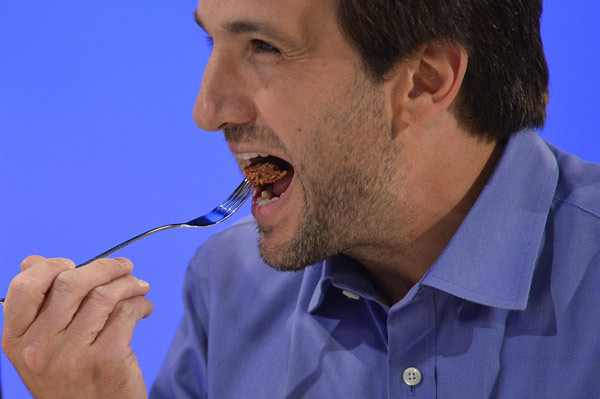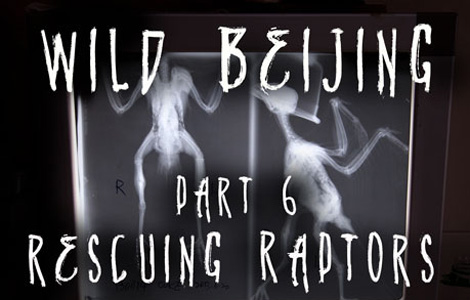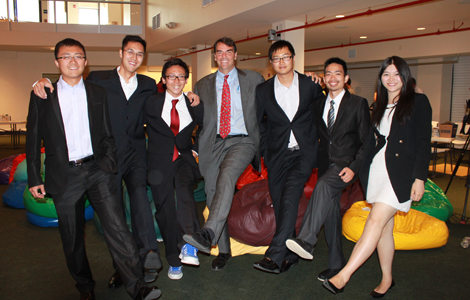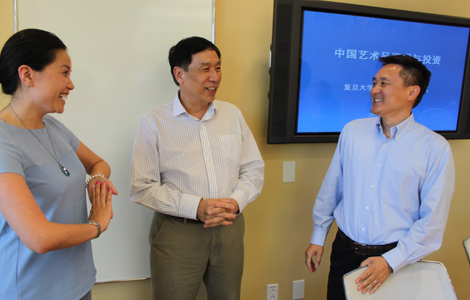First taste of test-tube burger close to meat
Updated: 2013-08-06 07:22
(Agencies)
|
||||||||
LONDON - The world's first laboratory-grown beef burger was flipped out of a petri dish and into a frying pan on Monday, with food tasters declaring it tasted "close to meat".
Grown in-vitro from cattle stem cells at a cost of 250,000 euros ($332,000), the burger was cooked and eaten in front of television cameras to gain the greatest media coverage for the culmination of a five-year science experiment.
Resembling a standard circular-shaped red meat patty, it was created by knitting together 20,000 strands of laboratory-grown protein, combined with other ingredients normally used in burgers, such as salt, breadcrumbs and egg powder. Red beet juice and saffron were added to give it colour.
The two food tasters were reserved in their judgement, perhaps keen not to offend their host at the London event, noting the burger's "absence of fat".
Pressed for a more detailed description of the flavour, food writer Josh Schonwald said the cultured beef had an "animal protein cake" like quality to it, adding that he would like to try it with some of the extras often served with traditional burgers - salt, pepper, ketchup and jalepenos.
Even the scientist behind the burger's creation, vascular biologist Mark Post of Maastricht University in the Netherlands, was relatively muted in his praise of its flavour.
"It's a very good start," he told the hundreds of reporters who had gathered to watch the meat being cooked and served.
The Dutch scientist's aim was to show the world that in the future meat will not necessarily have to come from the environmentally and economically costly rearing and slaughtering of millions of animals.
"Current meat production is at its maximum - we need to come up with an alternative," he said.
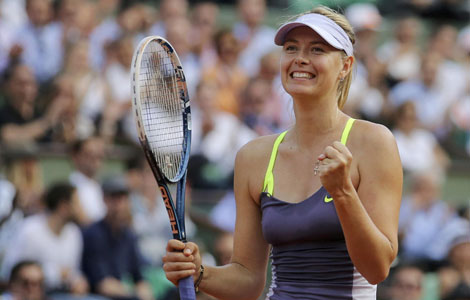
 Sharapova holds world's top paid title
Sharapova holds world's top paid title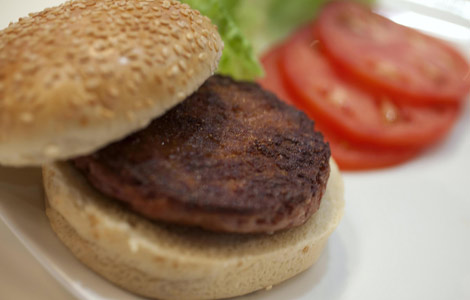
 First taste of test-tube burger close to meat
First taste of test-tube burger close to meat
 Govt urged to take care of parents who lose child
Govt urged to take care of parents who lose child
 1 dead, dozens injured in Urumqi bus fire
1 dead, dozens injured in Urumqi bus fire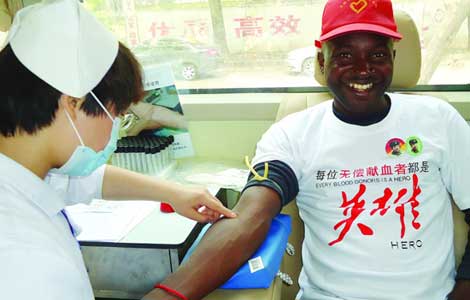
 Lei Feng's African brother
Lei Feng's African brother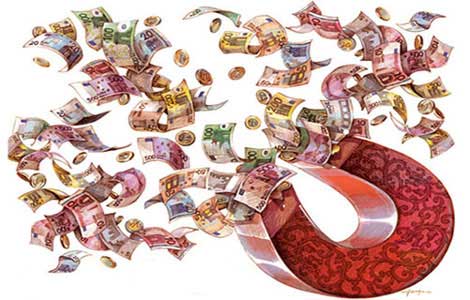
 EU SMEs target niche markets in China
EU SMEs target niche markets in China
 British couple caring for special children
British couple caring for special children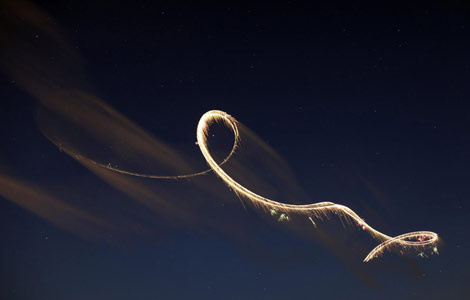
 Fly for adventure at US air show
Fly for adventure at US air show
Most Viewed
Editor's Picks

|

|

|

|

|

|
Today's Top News
3 shot dead at US town meeting
After the crash: a legal morass of tough choices
US plays catch up in Africa
China's C919 to break Boeing, Airbus dominance
Brunei bans tainted Fonterra dairy products
7 arrested for polluting S China river
Fonterra says sorry for 'anxiety'
Dialogue defuses EU, China solar case
US Weekly

|

|
